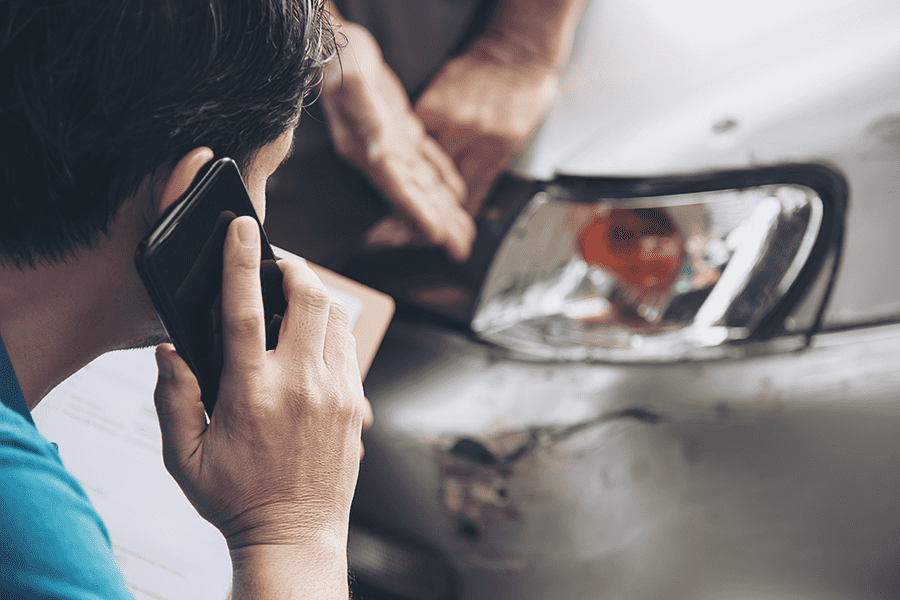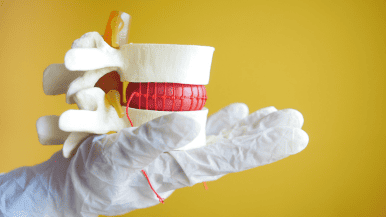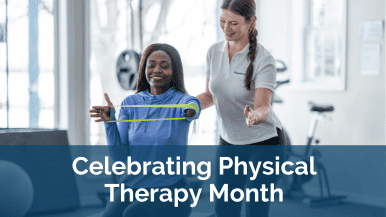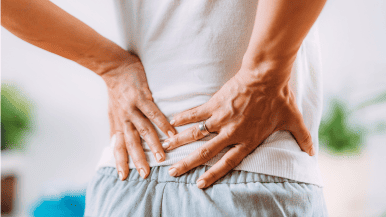 What are the orthopaedic injuries that occur in car accidents?
What are the orthopaedic injuries that occur in car accidents?- Is it normal to have back pain after a car accident?
- How can orthopaedic care help me recover from a car accident?
When you experience a minor car accident, such as getting rear-ended in traffic, you may not immediately feel the need to seek medical attention. Avoiding the hospital allows you to bypass the high costs of a non-emergency ER visit, which can help you save time and money. However, not getting examined at all after the incident may lead to bigger problems down the line, which is where an independent practice like Advanced Orthopaedic Centers can help.
Unfortunately, the strain of even slight whiplash from a small collision can lead to pain, stiffness, and even chronic injury affecting your musculoskeletal system if left untreated. Here is what you need to know about seeing an orthopedic specialist after a minor collision to protect yourself from these uncomfortable outcomes.
What Are the Orthopaedic Injuries That Occur in Car Accidents?
Even a minor car accident can cause serious medical injuries that are orthopaedic in nature. Some of the most common injuries include:
- Broken bones
- Neck injuries
- Spinal misalignment
- Sprained muscles
- Torn ligaments
During a car wreck, your body releases adrenaline and other hormones to help you block pain and increase your energy during the classic “fight or flight” mode that can occur just after an accident. As you begin to come down from these chemicals, you may begin to notice discomfort and pain that worsens over time.
Some auto accidents immediately require orthopaedic care. Fractured bones and torn ligaments or muscles are painful conditions that will be treated immediately in an ER setting and during follow up specialty orthopaedic care. However, even if you don’t appear to have orthopaedic injuries, it’s important to seek a consultation from these doctors to ensure that your body’s bones, joints, ligaments, and tendons are all working properly.
Is It Normal to Have Back Pain After a Car Accident?
 Back pain tends to go along with just about any type of violent or even a minor automobile accident. There is simply no way to tell if you’re experiencing sore muscles or if the problem is more serious without an orthopaedic consultation. Some of the most common causes of pain in your lower back and spine after an auto accident include:
Back pain tends to go along with just about any type of violent or even a minor automobile accident. There is simply no way to tell if you’re experiencing sore muscles or if the problem is more serious without an orthopaedic consultation. Some of the most common causes of pain in your lower back and spine after an auto accident include:
- Sprain or strain
- Herniated disc
- Whiplash
Let’s go over the various ways an orthopaedic specialist can help you treat these conditions related to your back and neck.
Sprain or strain
During a collision, the shock of impact can result in sprains and strains in your back and neck as your body is tossed around. If you’ve ever seen footage of crash test dummies, you’ll understand the level of force that your body can withstand during an accident. This force can also cause muscles to spasm or cramp.
The pain of this type of injury can set in immediately or take several days or longer to develop. Either way, a back sprain or strain is sometimes more painful than a broken bone and your mobility will most certainly be affected. An orthopaedic specialist can diagnose the injury and prescribe medications and physical therapy to help you heal.
Herniated disc
This condition occurs when one of the rubbery shock absorbers, or discs, between your spinal column ruptures. This can not only negatively affect the function and mobility of your spine but also irritate the surrounding nerves. People experience this condition most often in the lower back or neck after a car accident.
At first, you may feel pain in your buttocks, calf, or thigh instead of in your neck or back. You could even have pain in a foot or it could shoot into an arm or leg when you move. It’s common to also have muscle weakness and numbness or tingling in an extremity. Ironically, you may not even have symptoms right away, but your orthopaedic specialist will see the problem on a spinal image.
Whiplash
As the name implies, whiplash is caused by your head and neck snapping forward and backward like a whip, which is typical during an auto accident and particularly if you’ve been rear-ended. If this condition isn’t treated, you could have long lasting symptoms such as chronic neck pain or even depression and ringing in the ears.
Whiplash can manifest itself like a headache, fatigue, or even dizziness or numbness in the arms. An orthopaedic specialist will treat your whiplash with the goal of controlling pain and restoring the normal range of motion in your neck.
How Can Orthopaedic Care Help Me Recover from a Car Accident?
Diagnosing your back injury is the first step toward healing, and an orthopaedic specialist is trained to provide this type of care. They will ask specific questions about the accident and your current symptoms, and you will likely have some imaging tests to rule out problems with your spine and joints. During your visit, you may go through some simple range of motion tests and your provider will touch your arms, head, and neck to determine the amount of motion causing pain as well as your reflexes and strength.
Imaging tests such as X-rays, computerized tomography (CT), and magnetic resonance imaging (MRI) can detect bone and soft tissue to look for hidden damage to the spinal discs, bones, and muscles or ligaments.
Once your specific injury is diagnosed, your doctor has several non-invasive and surgical treatments available to help you with pain management, physical healing and rehabilitation, and regaining your strength and mobility.
At Advanced Orthopaedic Centers, our surgeons, physicians, clinical staff and administrative staff are highly trained and able to assist you throughout every stage of your care. If you’ve been in a car accident and something doesn’t feel right, please don’t hesitate to contact us.



